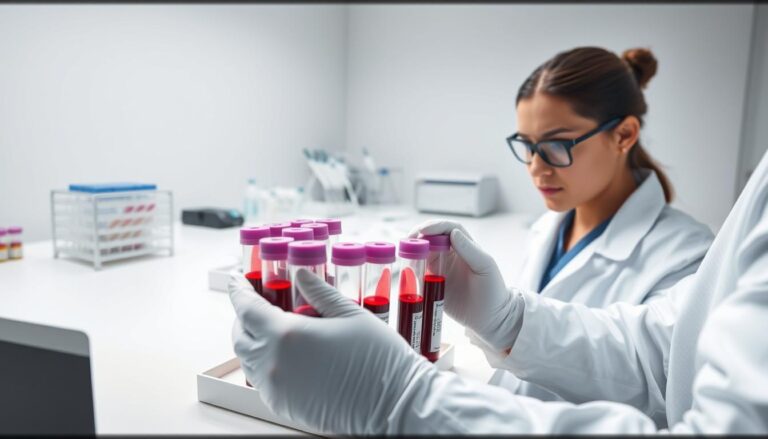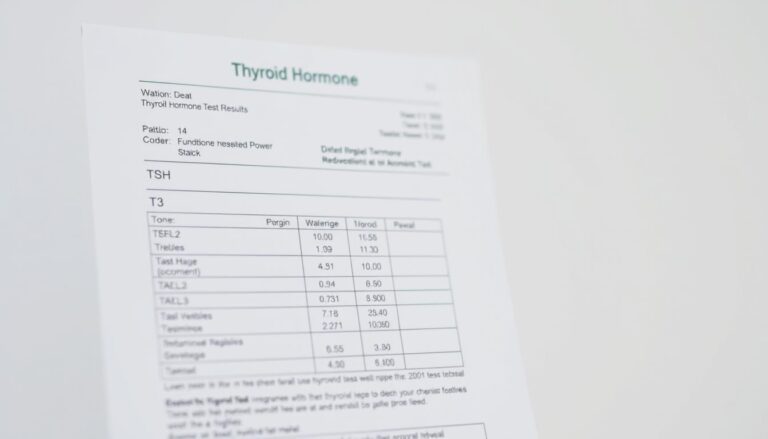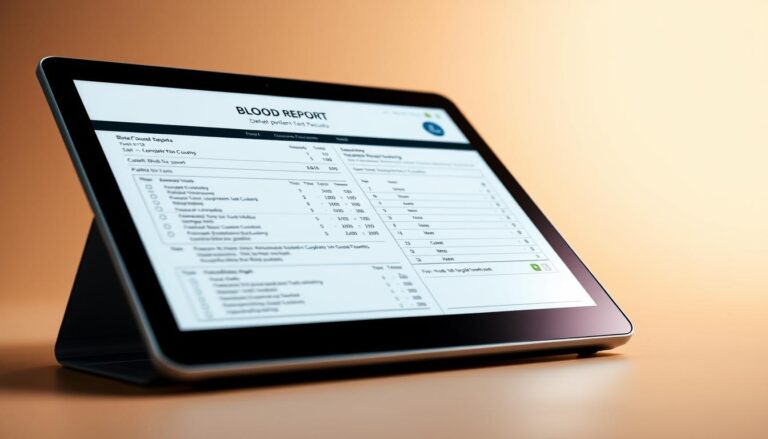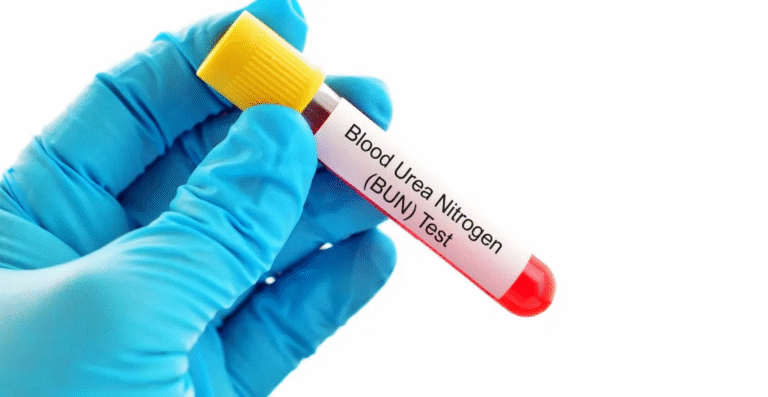How Blood Tests Help Diagnose Bacterial Infections Early
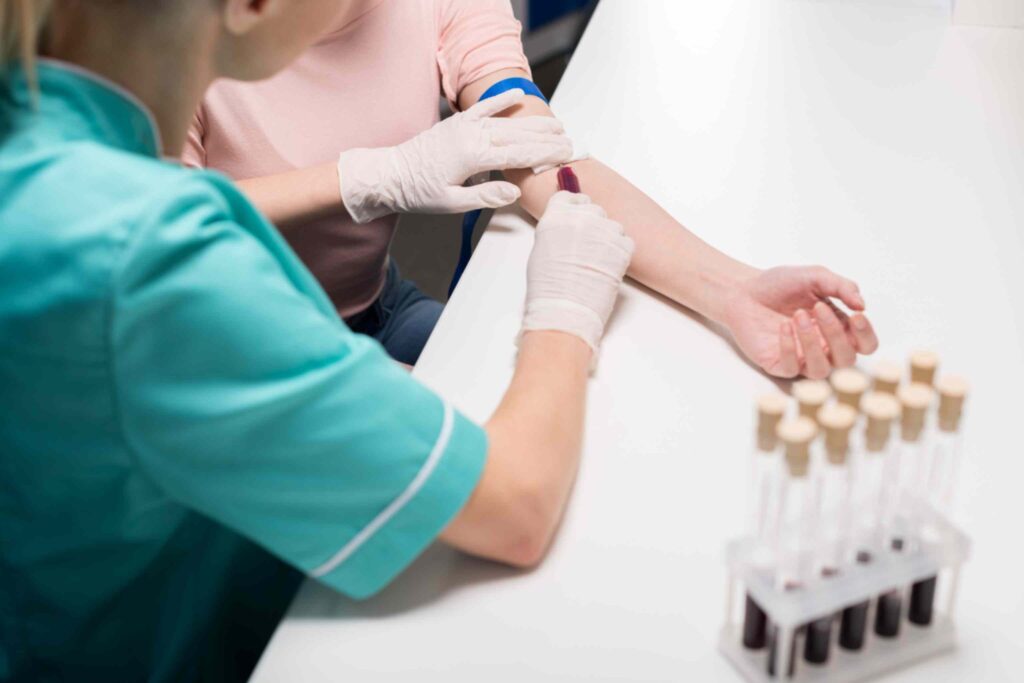
Bacterial infections can strike anyone at any time, and early detection is crucial for effective treatment. While symptoms like fever, fatigue, and body aches might signal an infection, blood tests provide the definitive answers doctors need to start appropriate treatment quickly. Understanding how these diagnostic tools work can help you recognize when to seek medical attention and why your healthcare provider might order specific lab work.
The Critical Role of Blood Tests in Infection Detection
When bacteria invade your body, your immune system responds immediately. This response creates measurable changes in your blood that can be detected through various lab tests at home or in clinical settings. These tests reveal vital information that symptoms alone cannot provide, including the severity of infection, which organs are affected, and how well your body is fighting back.
One of the most significant advantages of modern diagnostic medicine is accessibility. Today, you don’t always need to visit a hospital or clinic for testing. Services offering home blood sample collection have made it convenient for patients to get tested without leaving their homes, which is especially valuable when you’re feeling unwell or have mobility challenges.
Key Blood Tests for Bacterial Infections
Complete Blood Count (CBC Test)
The CBC test is often the first line of defense in diagnosing bacterial infections. This comprehensive test examines different components of your blood, including white blood cells, red blood cells, and platelets. When bacteria invade your system, your white blood cell count typically rises as your immune system mobilizes to fight the infection. An elevated platelet count might also indicate inflammation or infection in your body.
The CBC test can distinguish between viral and bacterial infections based on specific patterns in your blood cells. Bacterial infections often cause a significant increase in neutrophils, a type of white blood cell, while viral infections may show different patterns. This distinction helps doctors prescribe the right treatment—antibiotics work against bacteria but are ineffective against viruses.
Blood Culture Tests
When doctors suspect a severe bacterial infection or sepsis, blood culture tests become essential. These tests involve collecting blood samples and monitoring them in a laboratory to see if bacteria grow. If bacteria are present, the lab can identify the specific type and determine which antibiotics will be most effective. This targeted approach prevents the overuse of broad-spectrum antibiotics and ensures you receive the most appropriate treatment.
C-Reactive Protein and Inflammatory Markers
Blood tests measuring inflammatory markers like C-reactive protein (CRP) and erythrocyte sedimentation rate (ESR) help gauge the severity of infection. These values rise dramatically during bacterial infections and can help monitor whether treatment is working effectively.
The Convenience of At-Home Testing
The healthcare landscape has evolved significantly with the introduction of blood test at home near me services. These services bring professional phlebotomists to your doorstep, eliminating the need for travel while ensuring proper sample collection and handling. This is particularly beneficial for:
- Elderly patients with limited mobility
- Individuals with compromised immune systems should avoid public spaces
- Busy professionals who struggle to find time for clinic visits
- Parents with young children who are unwell
The process is straightforward: you schedule an appointment through a certified laboratory service, a trained professional arrives at your home at the designated time, collects the required samples, and delivers them to the laboratory for analysis. Results are typically available within 24-48 hours, depending on the tests ordered.
Early Detection Saves Lives
Bacterial infections can escalate rapidly if left untreated. Conditions like sepsis, bacterial meningitis, and pneumonia require immediate intervention. Blood tests enable early detection, often before symptoms become severe, allowing doctors to:
- Start appropriate antibiotic therapy quickly
- Prevent complications and organ damage
- Reduce the risk of infection spreading
- Monitor treatment effectiveness
- Adjust medications based on bacterial resistance patterns
Regular monitoring through blood tests is also essential for patients with chronic conditions or compromised immune systems. For instance, diabetic patients need to maintain optimal blood sugar levels, as high blood sugar can impair immune function, making bacterial infections more difficult to fight. Blood tests help ensure these patients maintain healthy levels while managing any infections that arise.
When to Request Blood Tests
Consult your healthcare provider about blood tests if you experience:
- Persistent fever above 101°F (38.3°C)
- Unexplained fatigue or weakness
- Rapid heart rate or breathing difficulties
- Confusion or altered mental state
- Suspected skin, urinary tract, or respiratory infections
- Symptoms that don’t improve with initial treatment
About Referral Labs
For reliable and convenient diagnostic services, Referral Labs offers comprehensive blood testing solutions with professional home blood sample collection services. Their certified phlebotomists ensure comfortable and hygienic sample collection in the safety of your home, with accurate results delivered promptly through their advanced laboratory facilities.
Contact Referral Labs:
- Phone:+91 6363136620
- Website: https://referrallabs.in/
- Email: info@referrallabs.in
- Address: No. 39 & 40, Ground Floor, NCBS Road, Canara Bank Layout, Rajiv Gandhi Nagar, Opp. Vivekananda School, Sahakar Nagar Post, Bengaluru, Karnataka – 560092
Their comprehensive testing menu includes CBC tests, blood cultures, inflammatory markers, and complete infection panels, making them your trusted partner in early disease detection and health management.
Frequently Asked Questions
Most routine blood tests, like CBC, are available within 24 hours. However, blood culture tests may take 48-72 hours as bacteria need time to grow in the laboratory culture medium.
Yes, when performed by certified professionals using proper collection techniques and equipment, home blood tests are equally accurate. Samples are transported to the same accredited laboratories that process hospital samples.
Generally, no fasting is required for infection-related blood tests like CBC or blood cultures. However, if your doctor orders additional tests like blood sugar levels or lipid profiles, fasting may be necessary. Always follow your doctor’s specific instructions.
Yes, blood tests can help distinguish between viral and bacterial infections by analyzing white blood cell patterns, inflammatory markers, and conducting bacterial cultures. This helps doctors prescribe appropriate treatment.
The frequency depends on infection severity and your response to treatment. Your doctor may order follow-up tests after 3-5 days of antibiotic therapy to ensure the infection is resolving, with additional tests as needed based on your progress.

